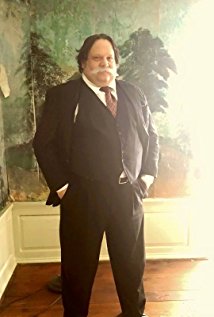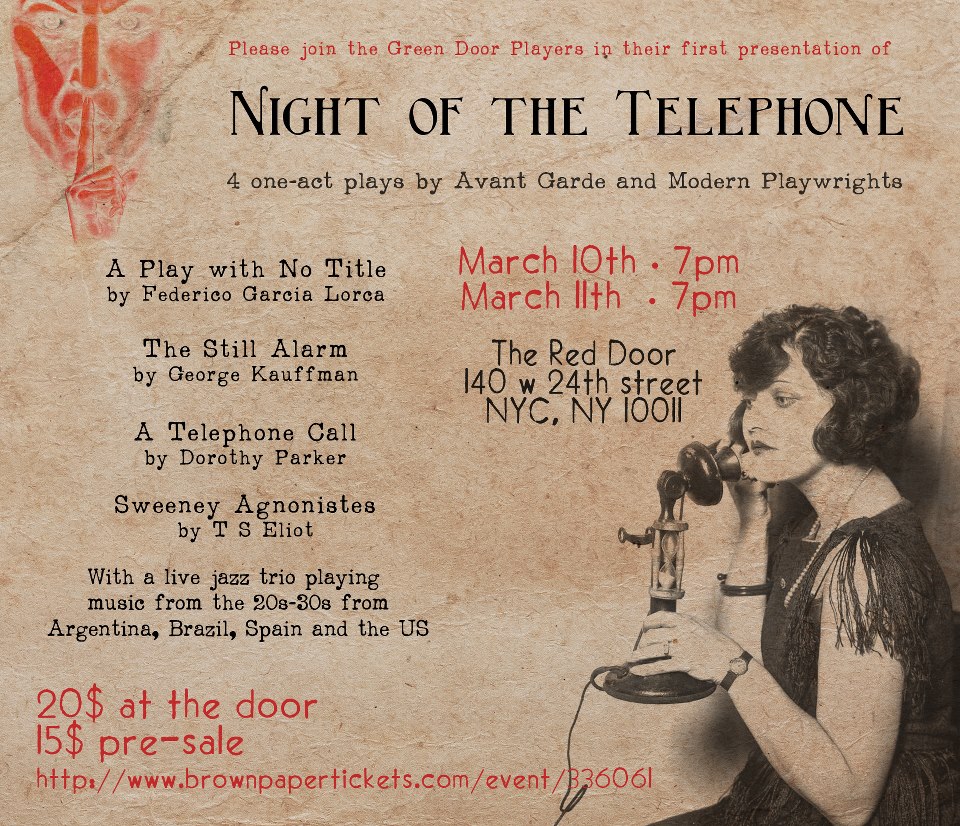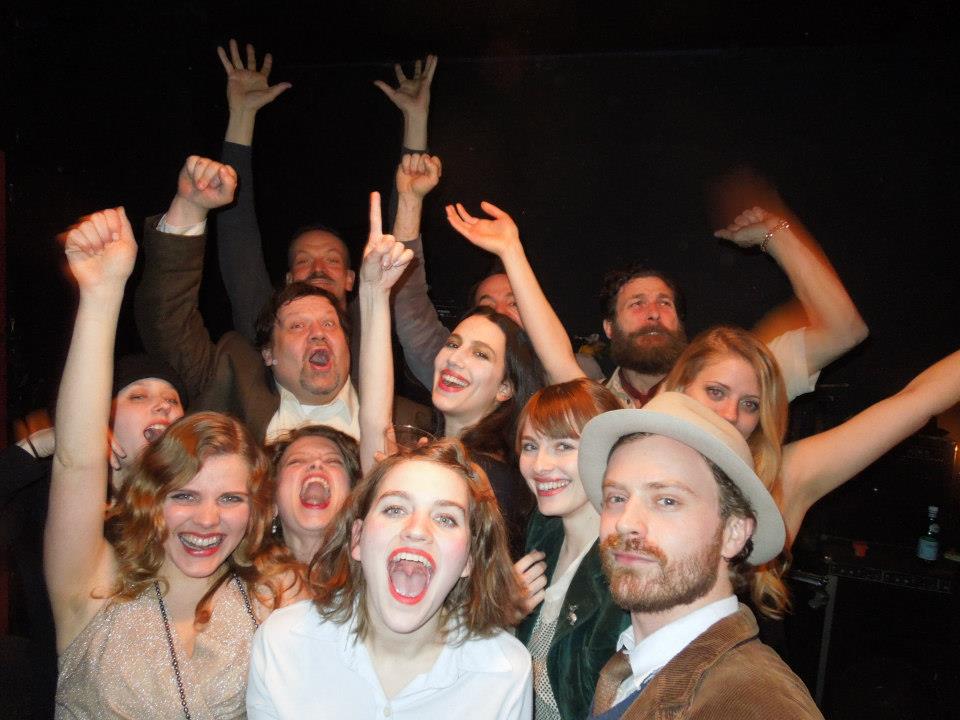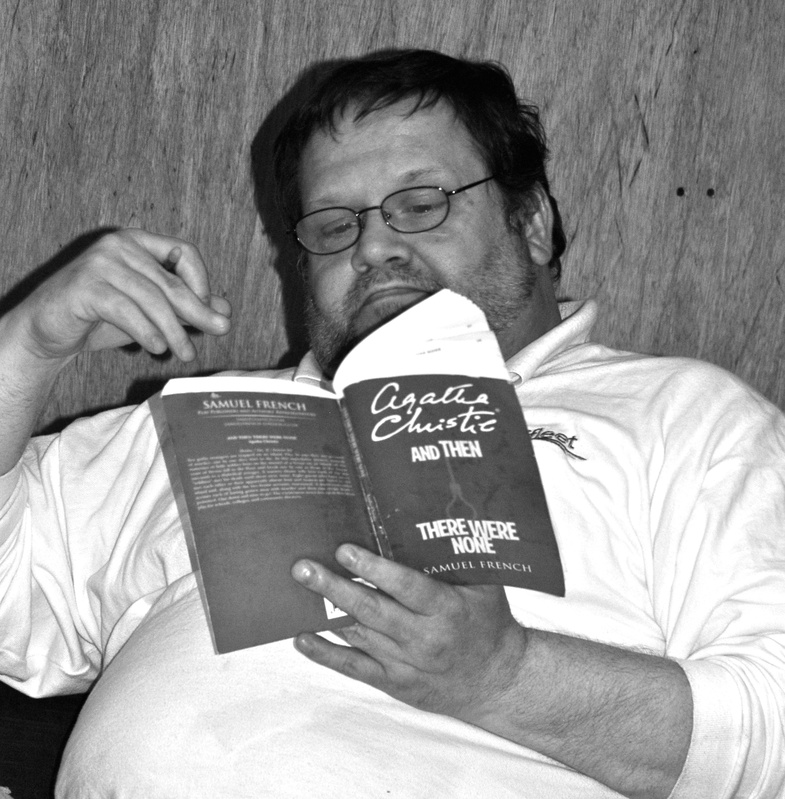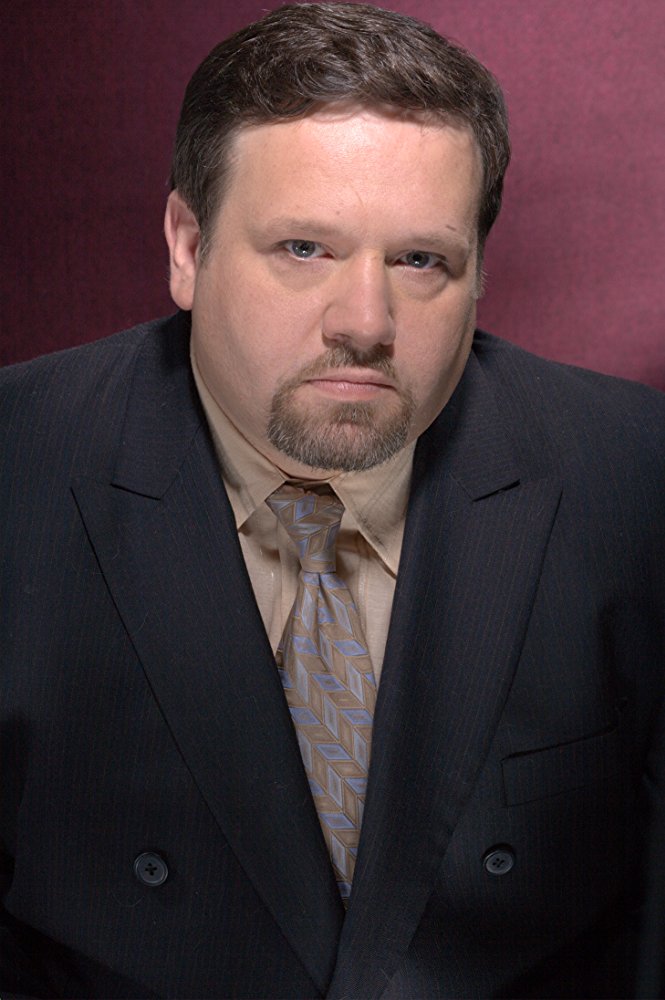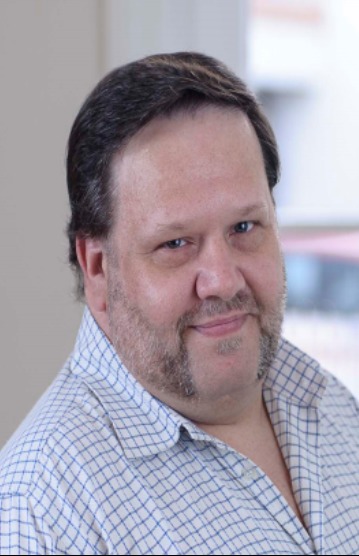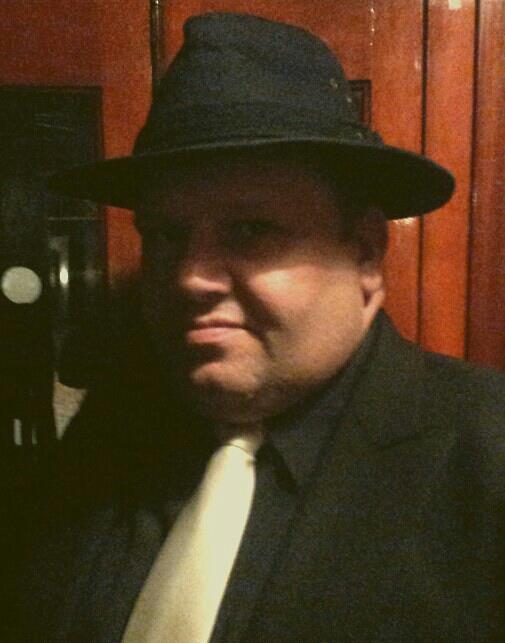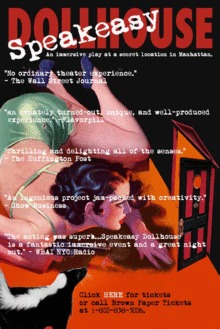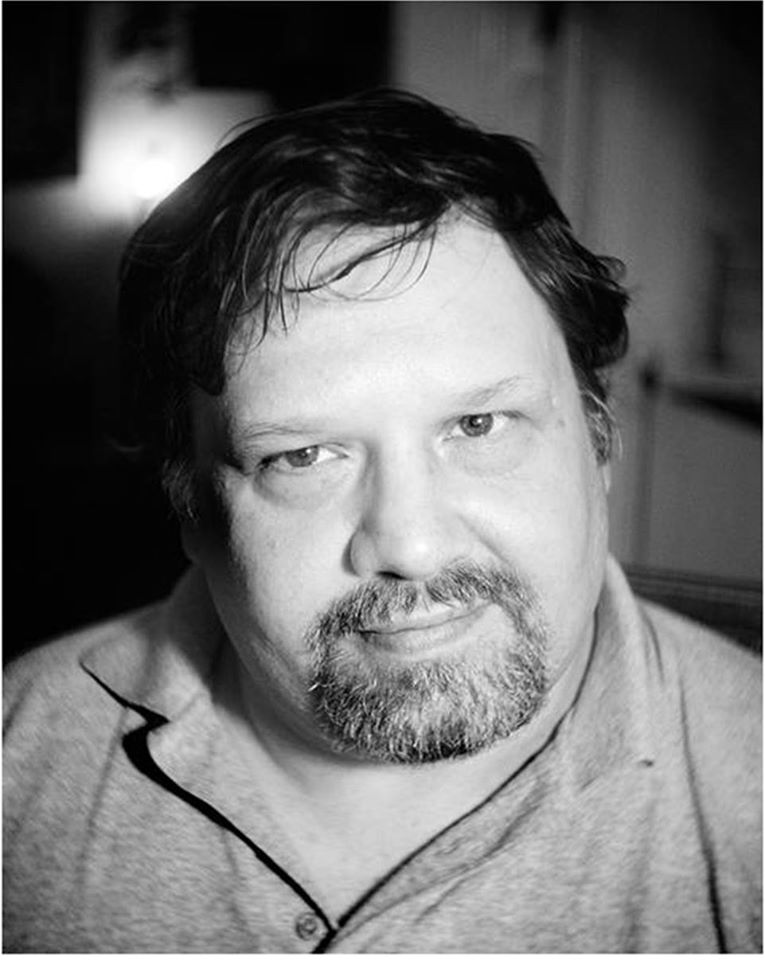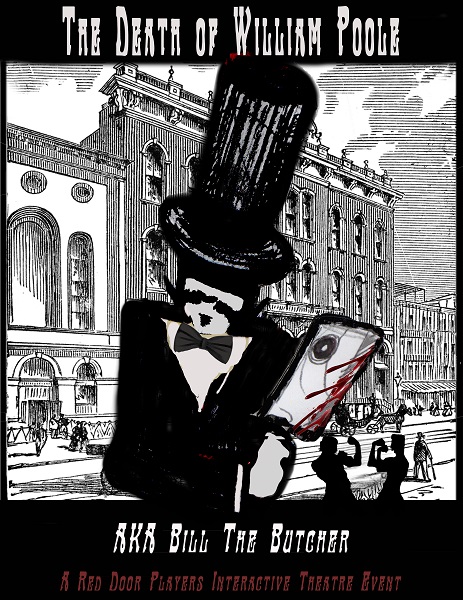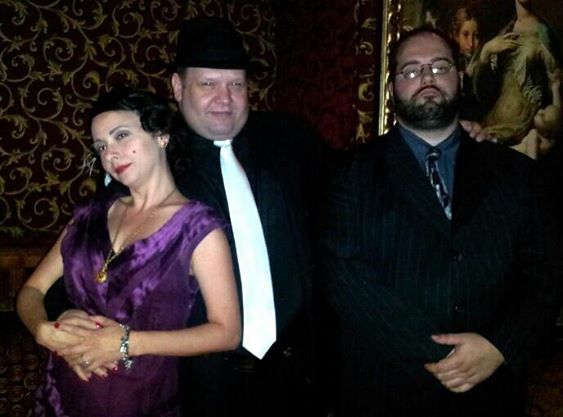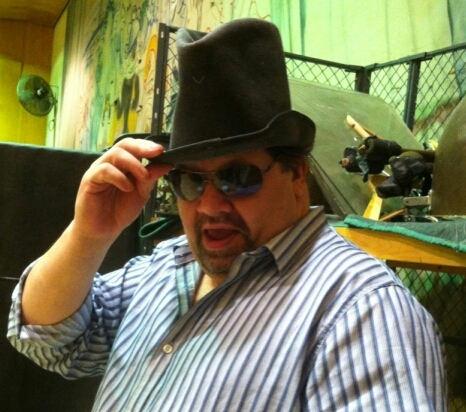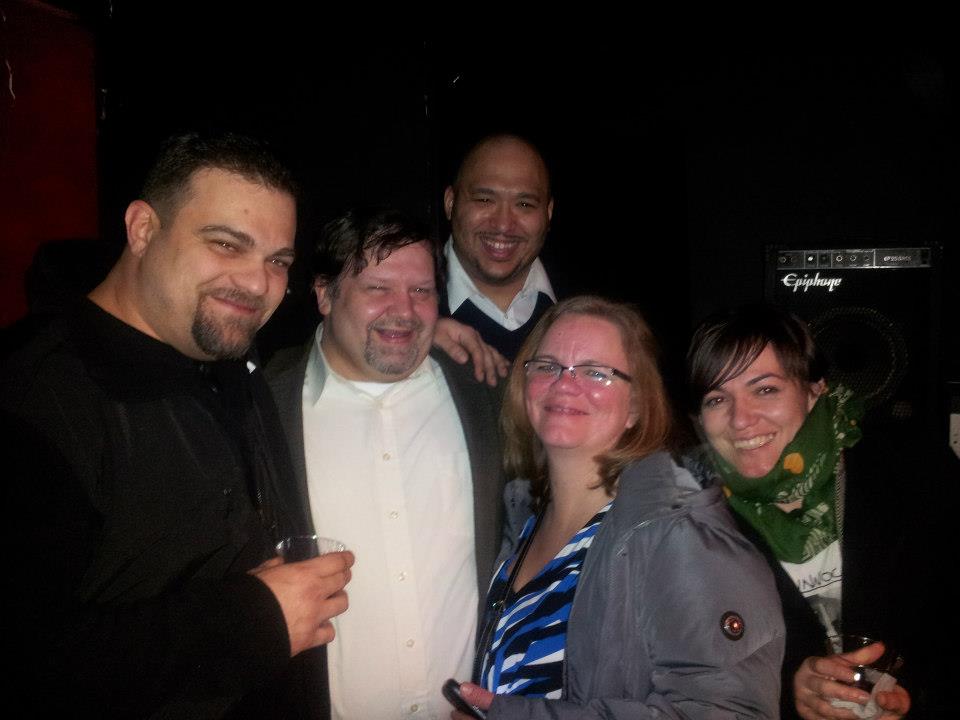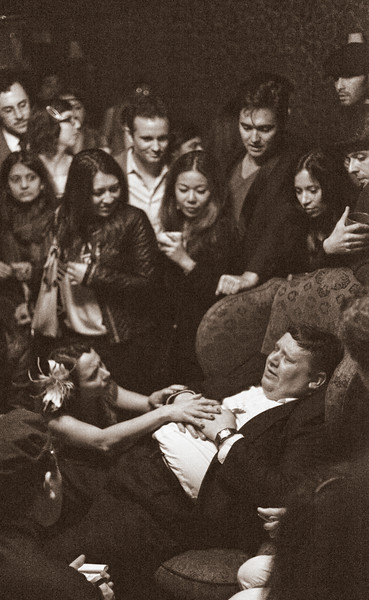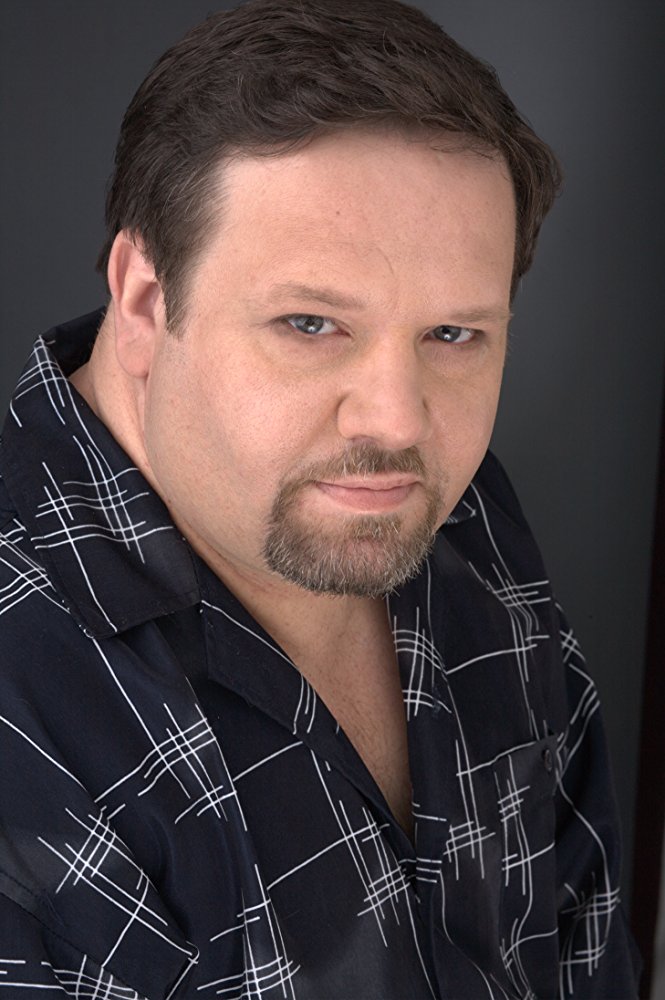Michael has been acting since the age of eight. He started in grade school, in the South Bronx. He went on to work with a few local community theatre groups as an actor playing various roles from Ghosts to Doctors to Undertakers and Boxing Managers. Being involved in Community Theatre, one plays all roles, on and off stage. When an acting role was ...
Show more »
Michael has been acting since the age of eight. He started in grade school, in the South Bronx. He went on to work with a few local community theatre groups as an actor playing various roles from Ghosts to Doctors to Undertakers and Boxing Managers. Being involved in Community Theatre, one plays all roles, on and off stage. When an acting role was unavailable, Michael would work building sets, hanging lights, running the light board etc.AT TNCP, a fairly well known group based in Jacobi Hospital in the Bronx, Michael was well known for his technical knowledge. The board they were using sometimes required adjustments mid show as the panel was built in 1943. It was a Century 2000 patch board. "I would have to crawl into the ceiling, over the audience if a light went out so I could shake the instrument to get it back on" Being the only member of the group that was willing to do so, he was "needed" in that role more than any other. Michael learned a lot about the technical side of theatre and found the work very rewarding. You see, the tech side (the dark side) usually gets PAID! Being a young man on his own, Michael gravitated to the tech work (money). Nobody wanted to pay an actor. Techs ALWAYS get paid! Michael learned about light and set design as well as stage and production management by working alongside Designers, Producers and Stage Managers. He worked with Off Off Broadway companies such as Madison Avenue Theatre, The Gallery Players and Manhattan Punchline Theatre with seasoned professionals in Production Management and Stage Management and he was able to pay the bills. Michael worked with IATSE Local 1 (the family business) in many venues, like Television., Central Park and the Metropolitan Opera. Michael was well on his way to becoming a professional technician and or Stage Manager.While working on the technical side was the right choice as far as money went, Michael was becoming increasingly unhappy. He yearned to be back on stage. He began to regret making the choice to work behind the scenes. But the situation got worse. He was so wound up over this it became obvious in his attitude. So he came out from behind the scenery. This decision earned him the derision of his family and many techs. So Michael stopped working tech and management. Acting work was hard to find and Michael took on the role of cook to generate income. The same pattern emerged. After years of bar-tending, cooking and cater waitering, he found himself back in the rut. Missing the stage. NYBA closed it's doors in 2004. That year Michael answered an ad on Craigslist for the position of Head Chef at a kids camp in the Hudson Valley. The position offered room and board and a salary of 10k for 8 weeks work, 9 when you include 1 week setup. He was hired and worked the camp for 3 seasons. Michael had found a solution. Ten thous and wasn't a whole lot of money, but combined with unemployment, he uses it to eke by while he takes classes. The camp lost it's lease in 2007, but Michael continues to work summers in and around the Hudson Valley Camps and dedicates the other three seasons to his life long love of acting by taking roles as they come and classes when they don't. After studying With Penny Templeton and Hank Schob Michael has seen some success as a professional actor. With varied roles in film, television and theatre he will soldier on until his dream of "walking the boards" on Broadway is realized.
Show less «

